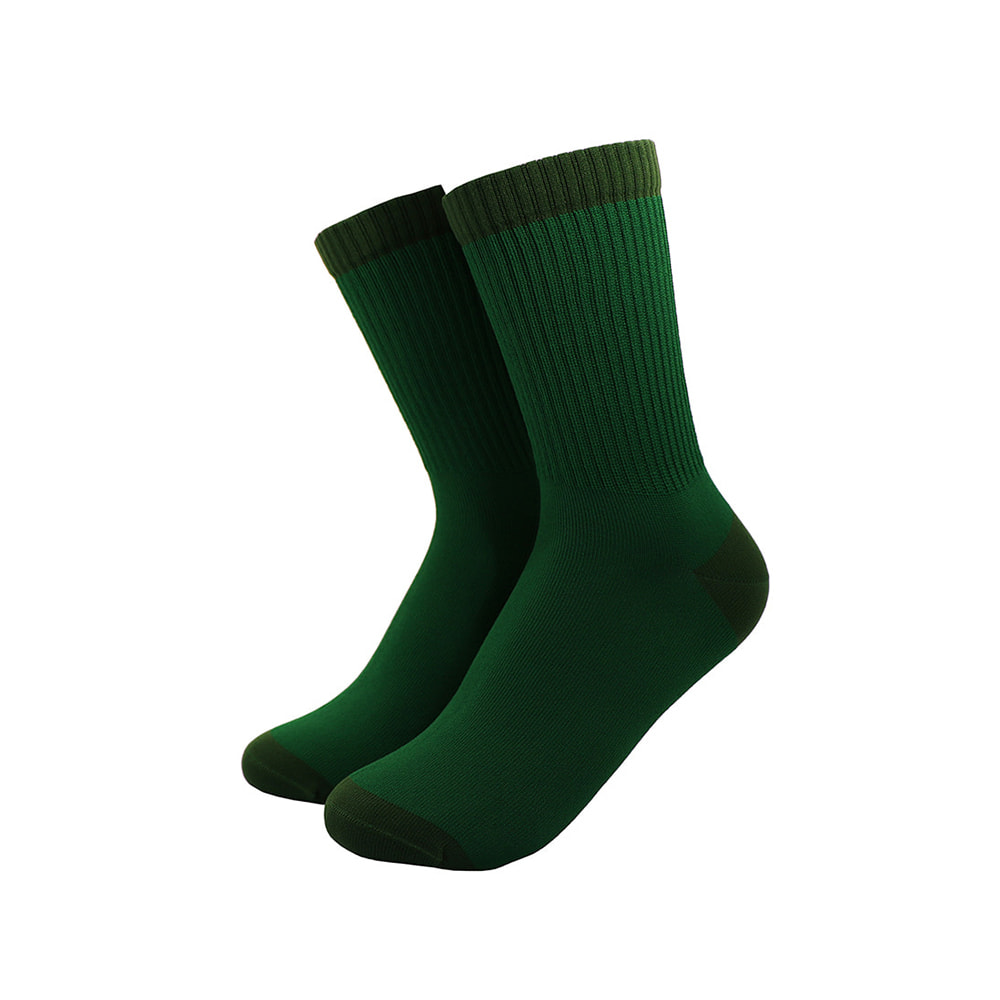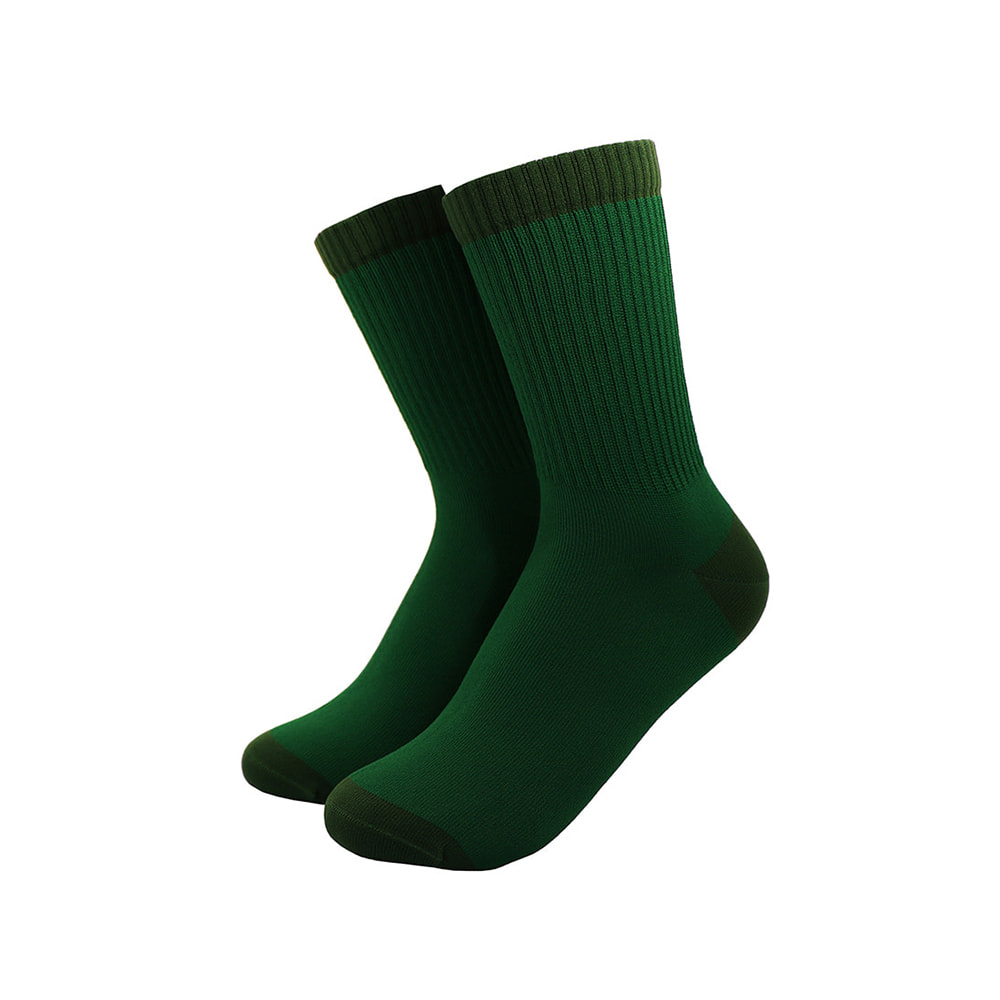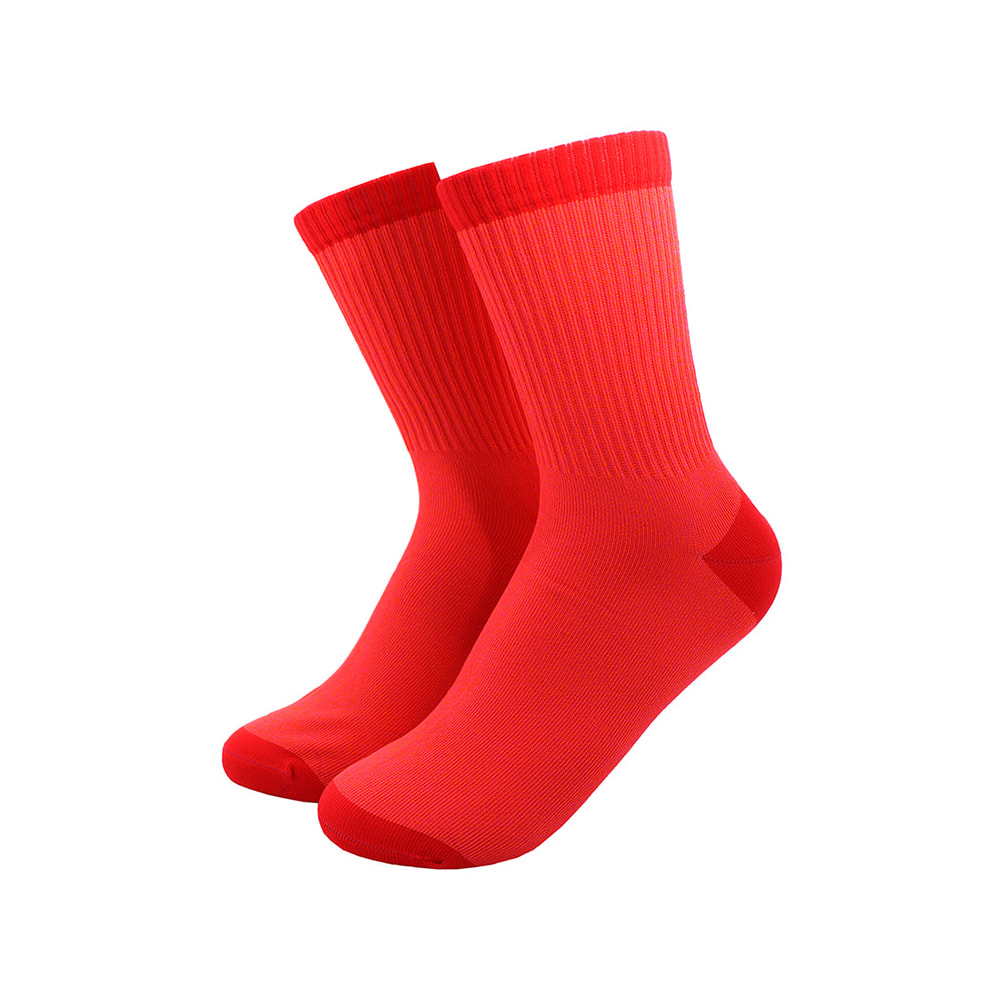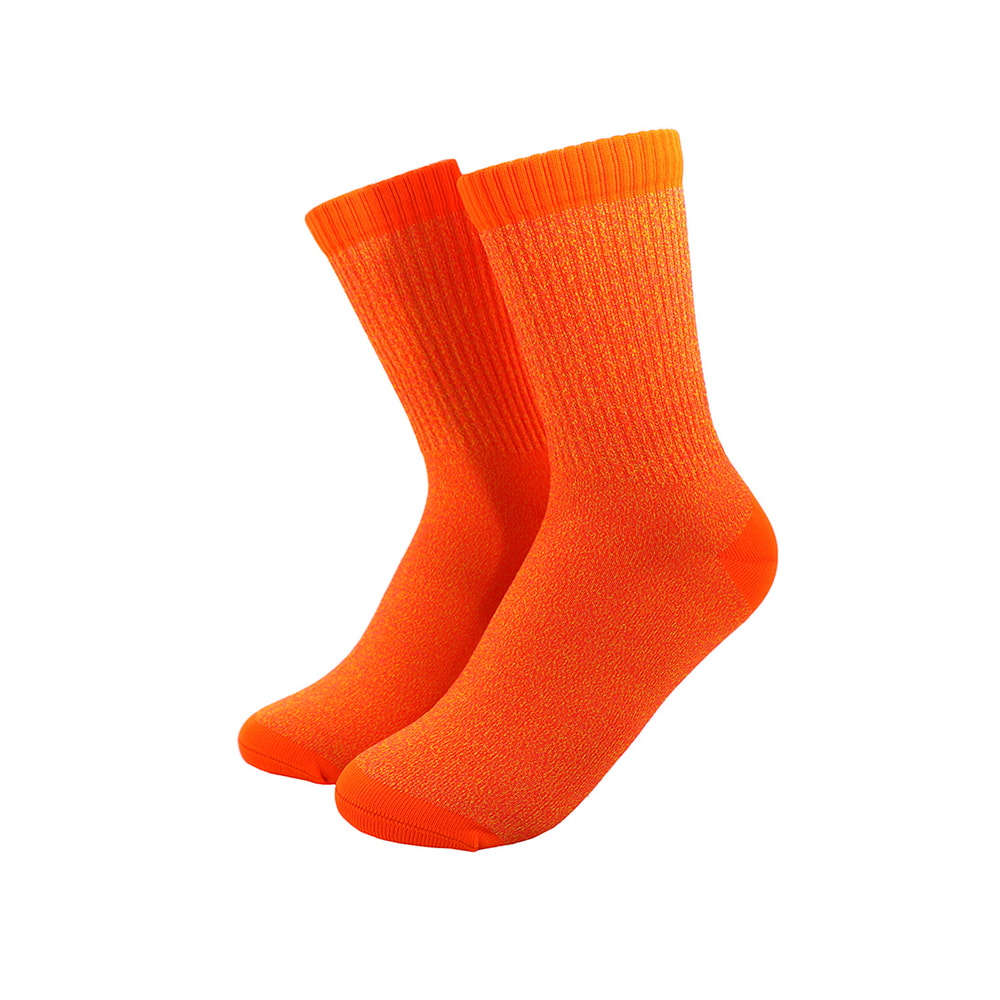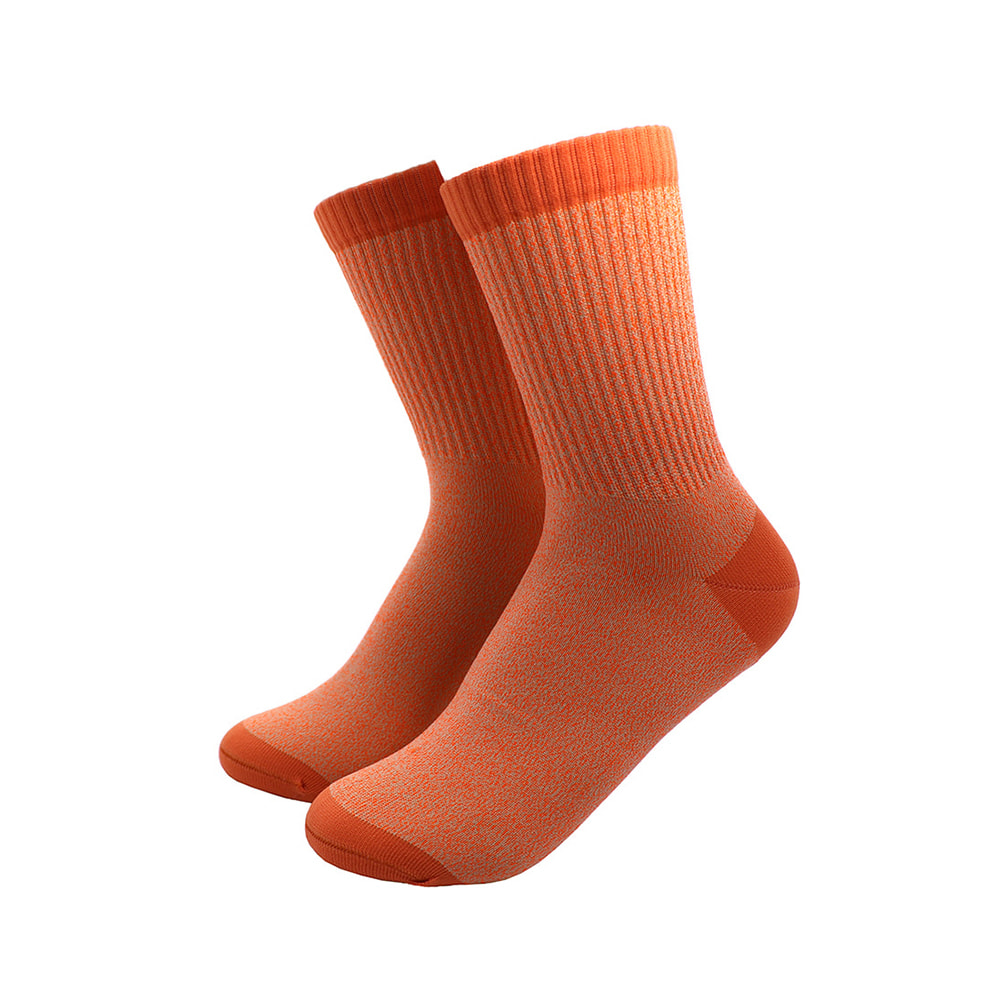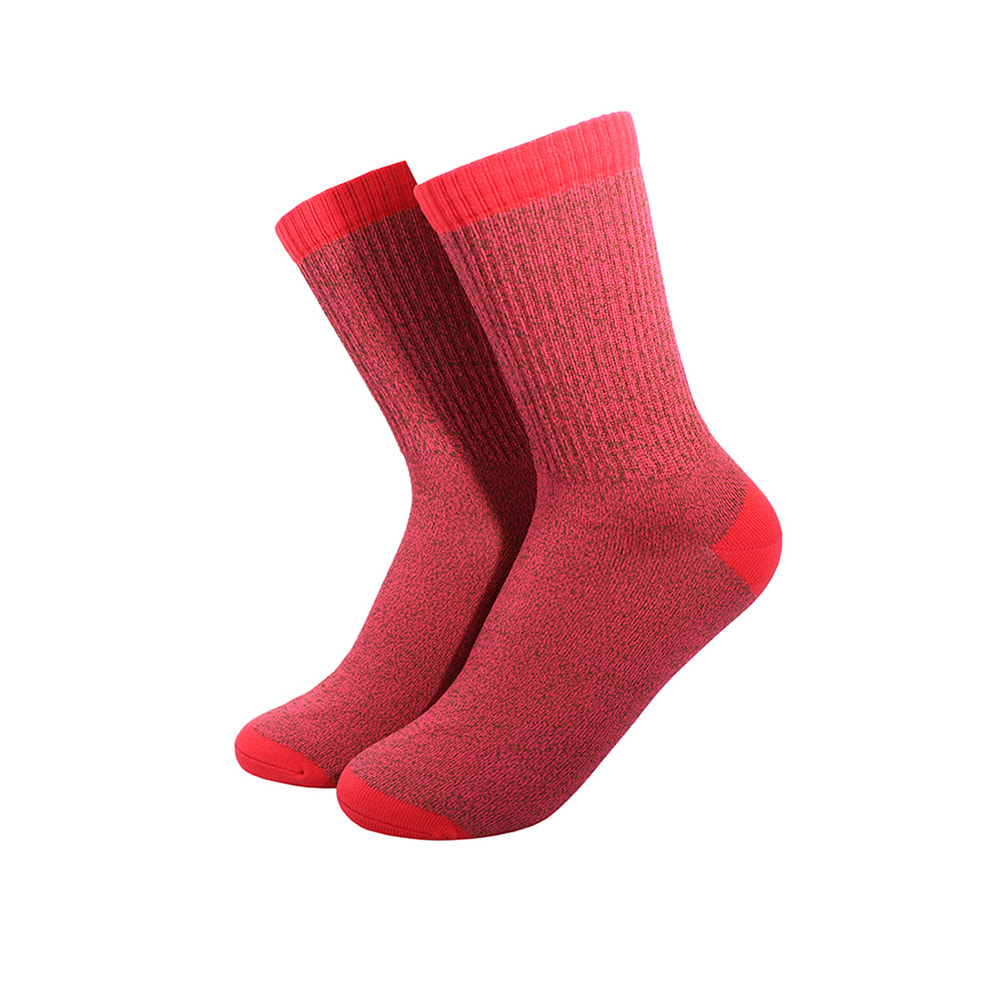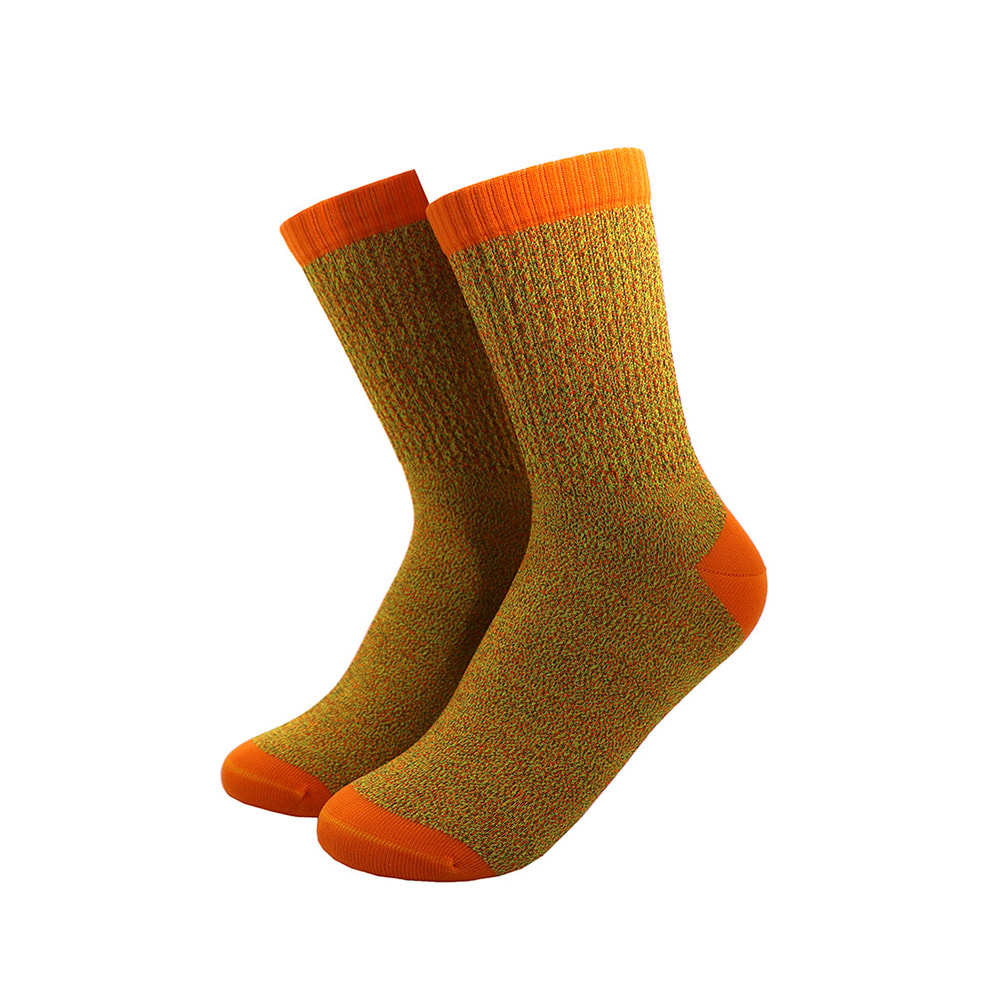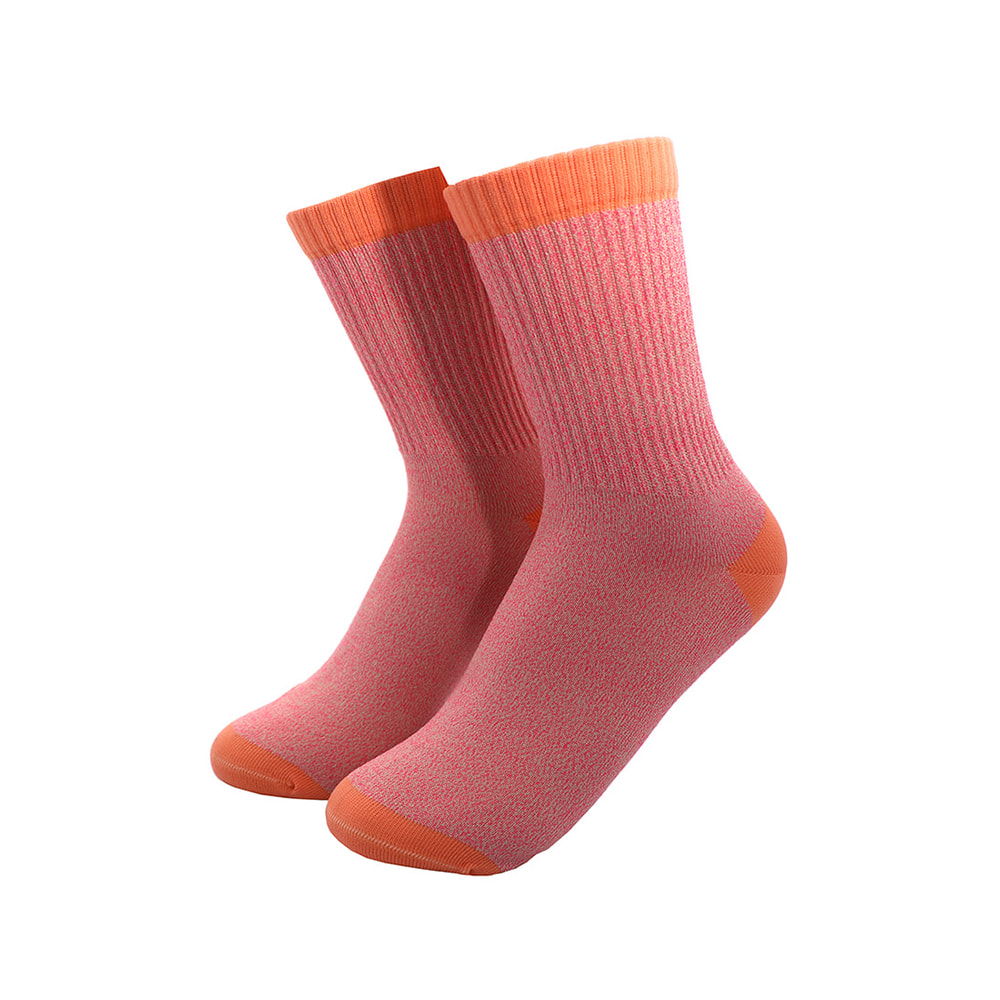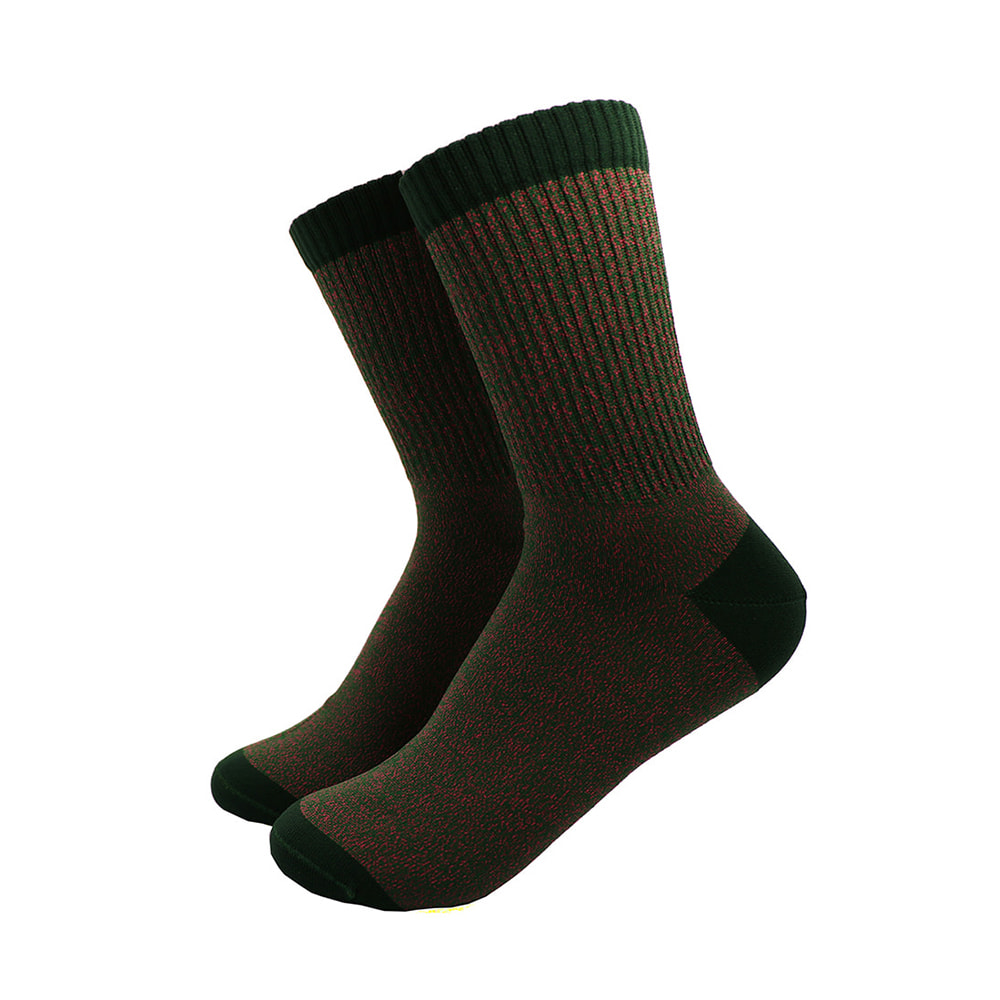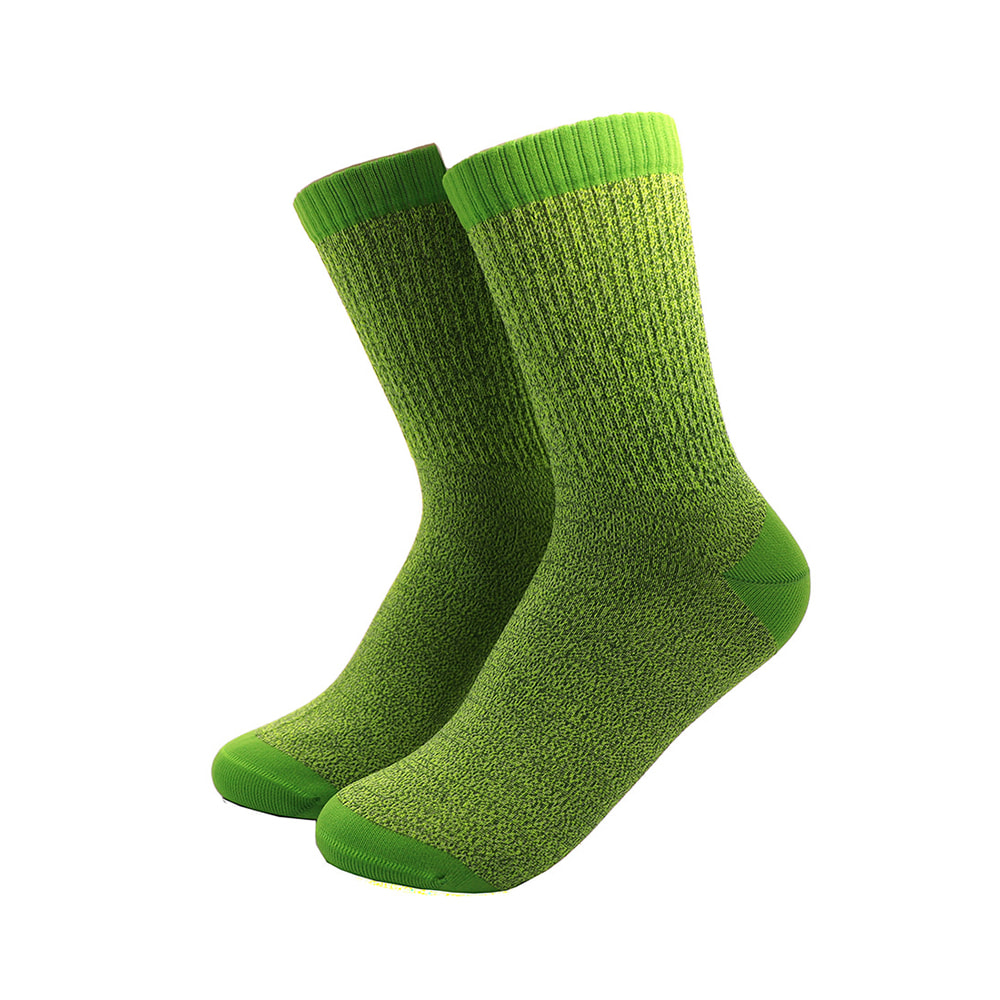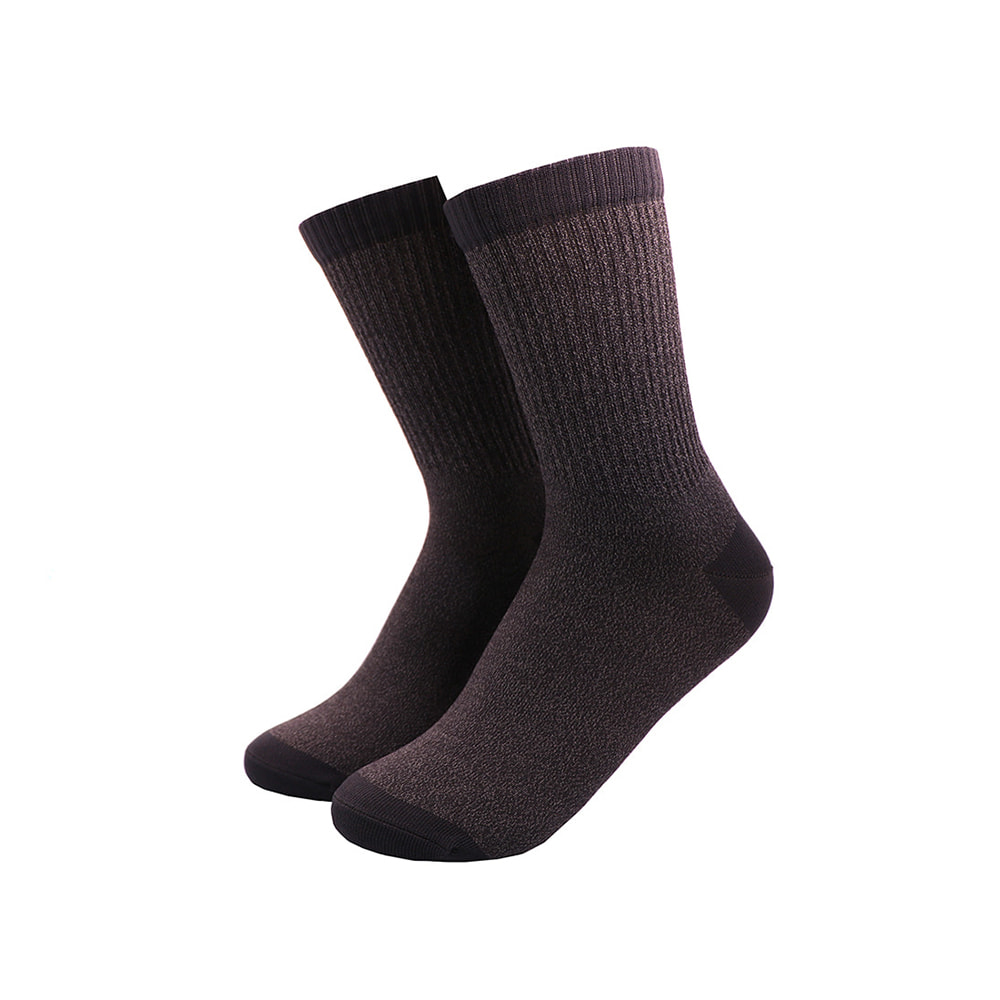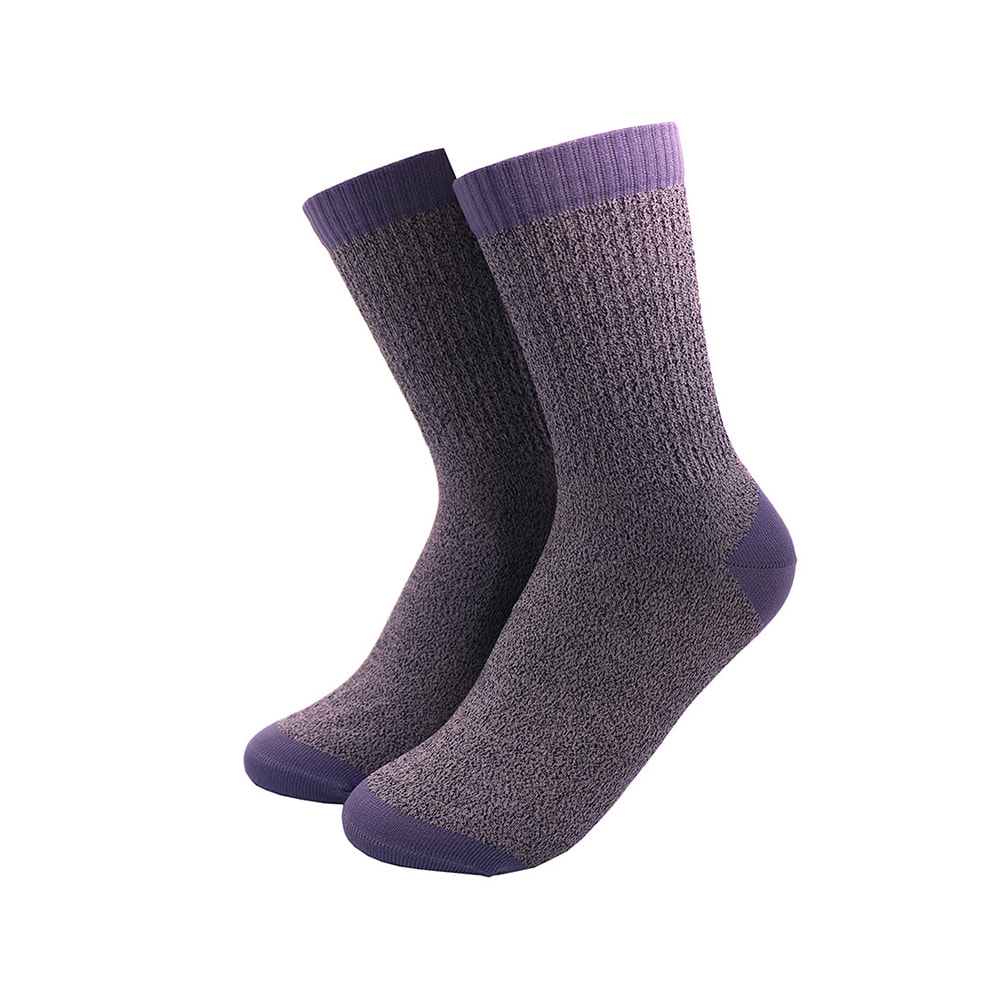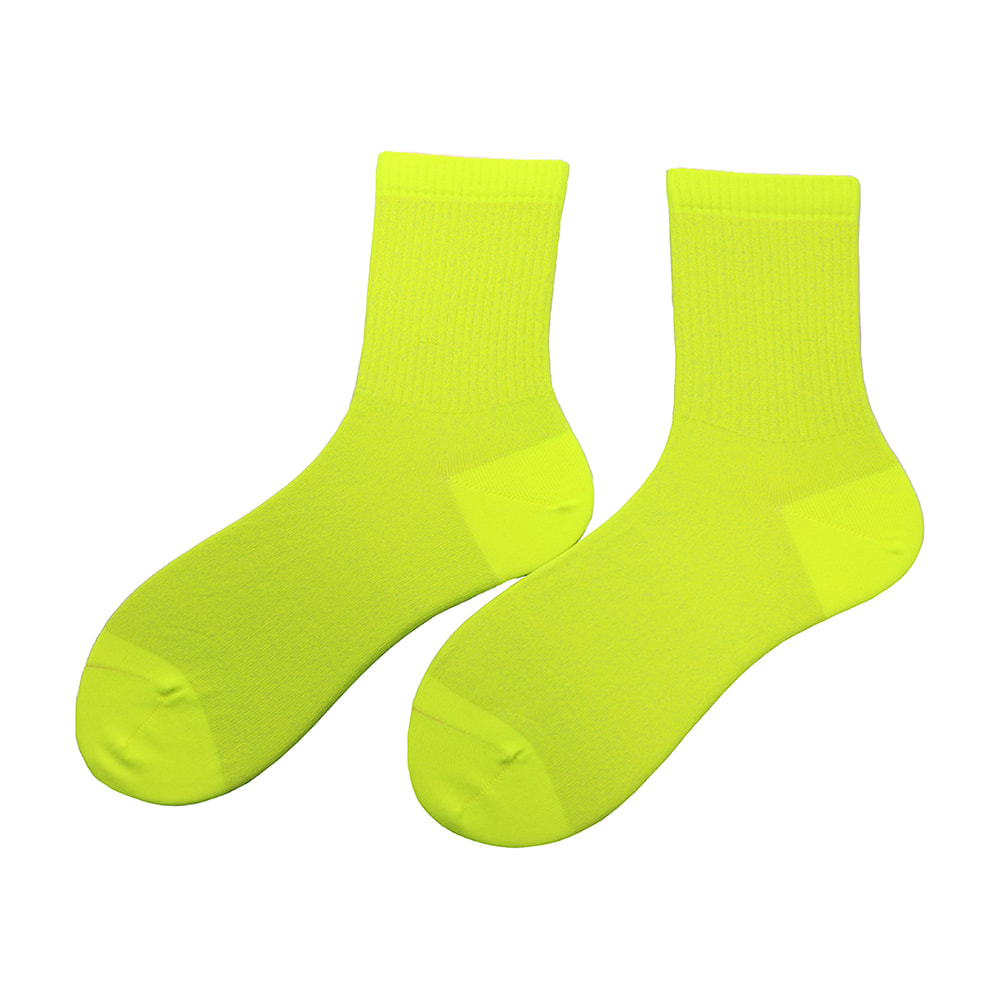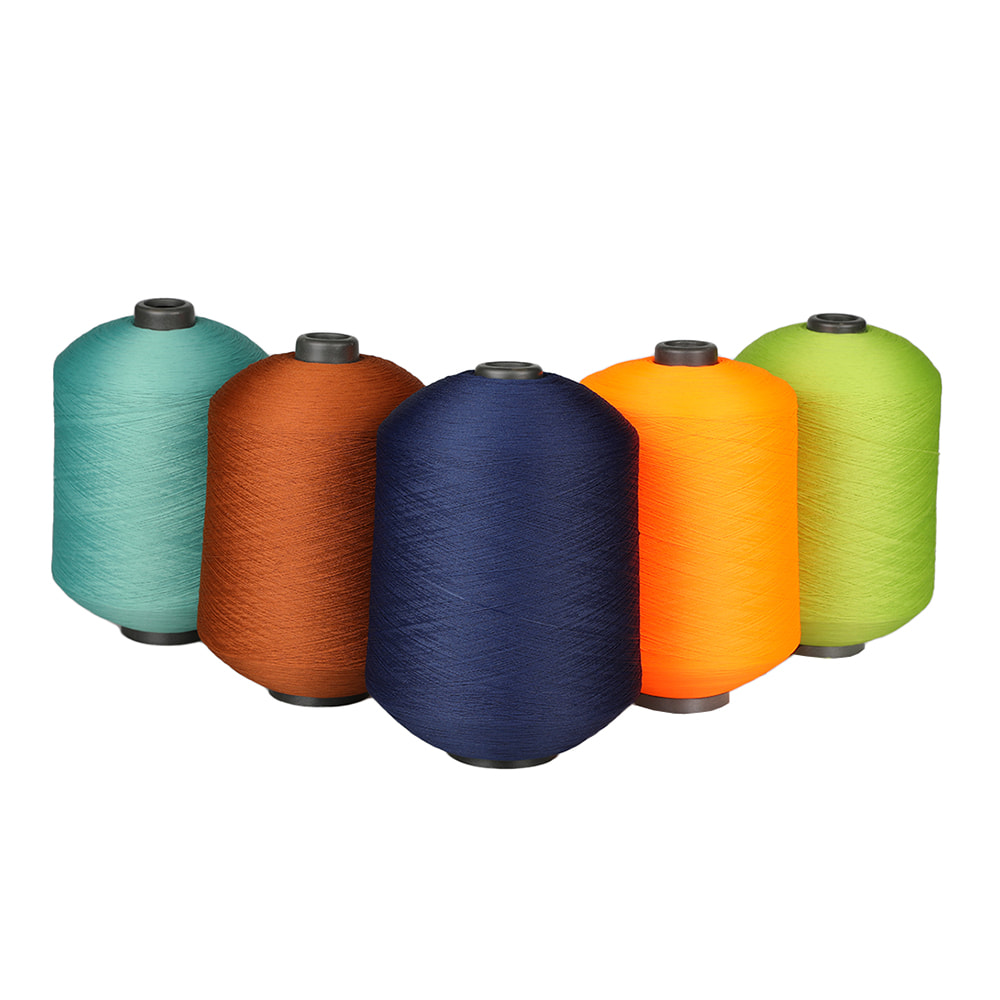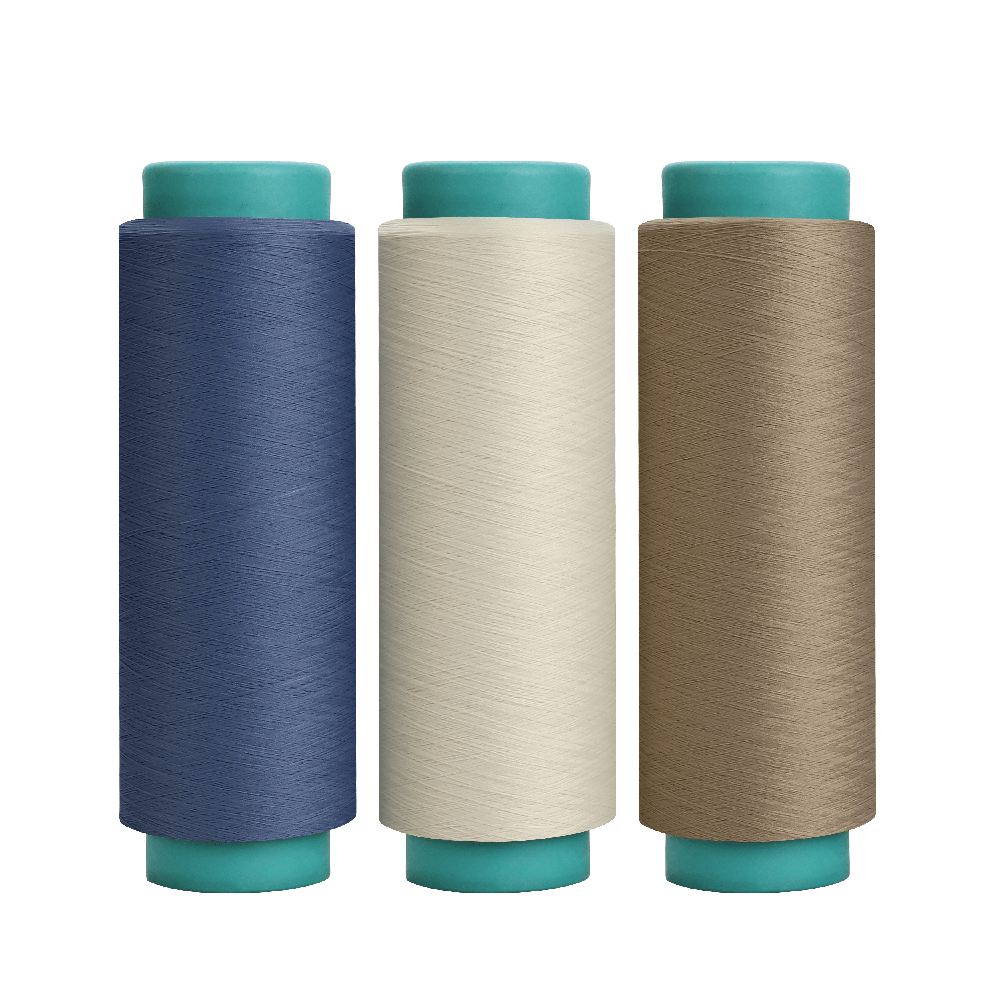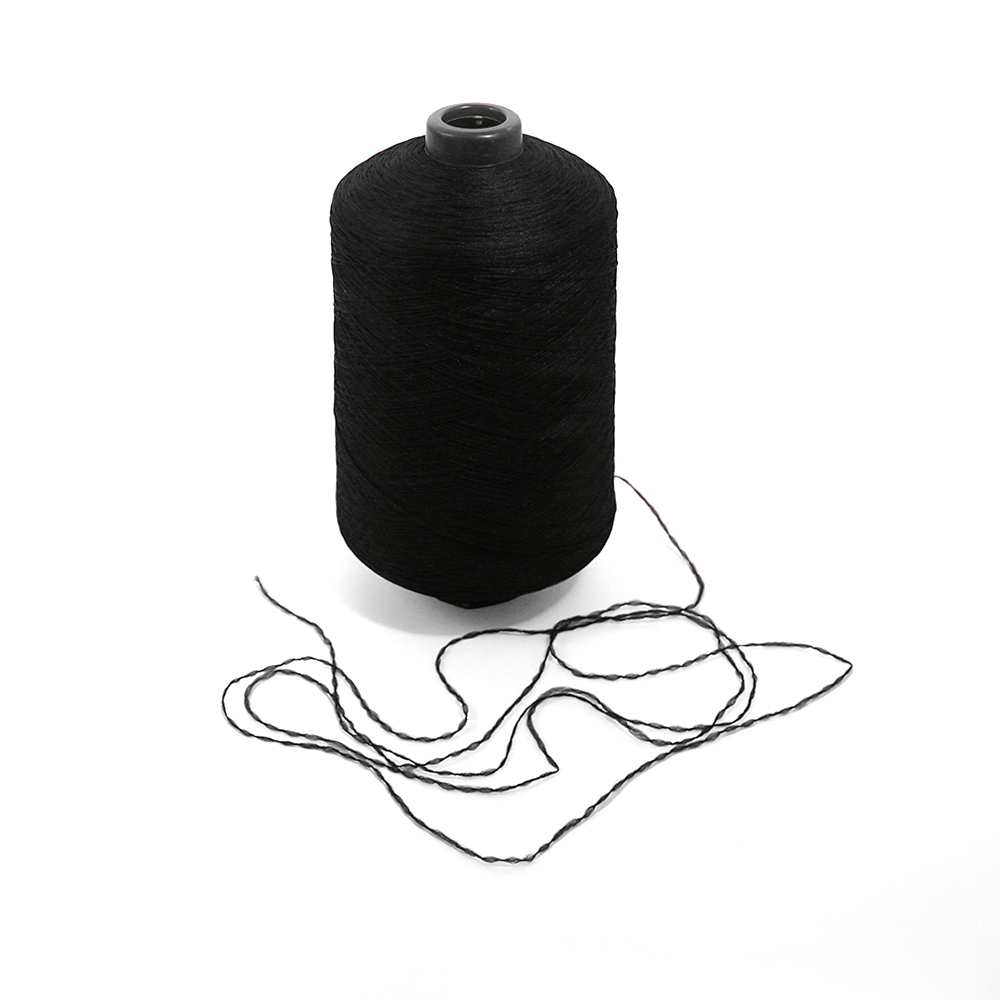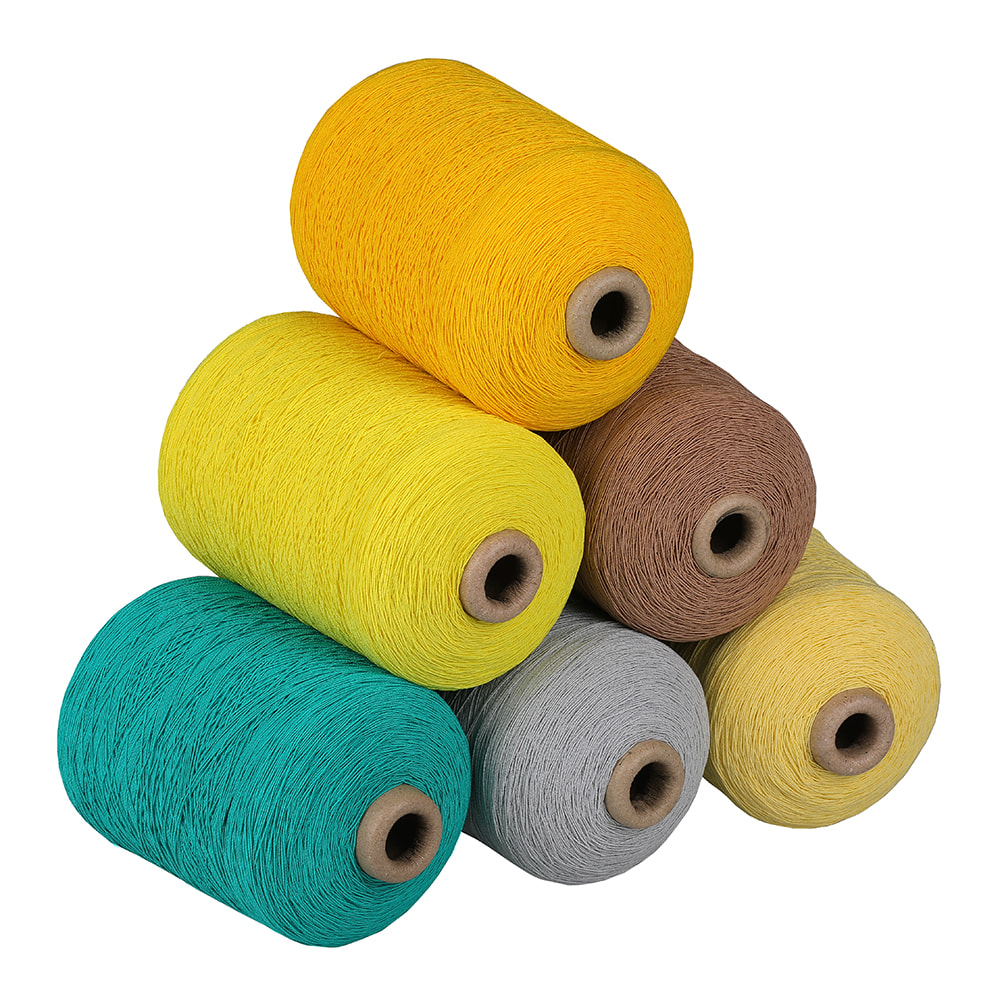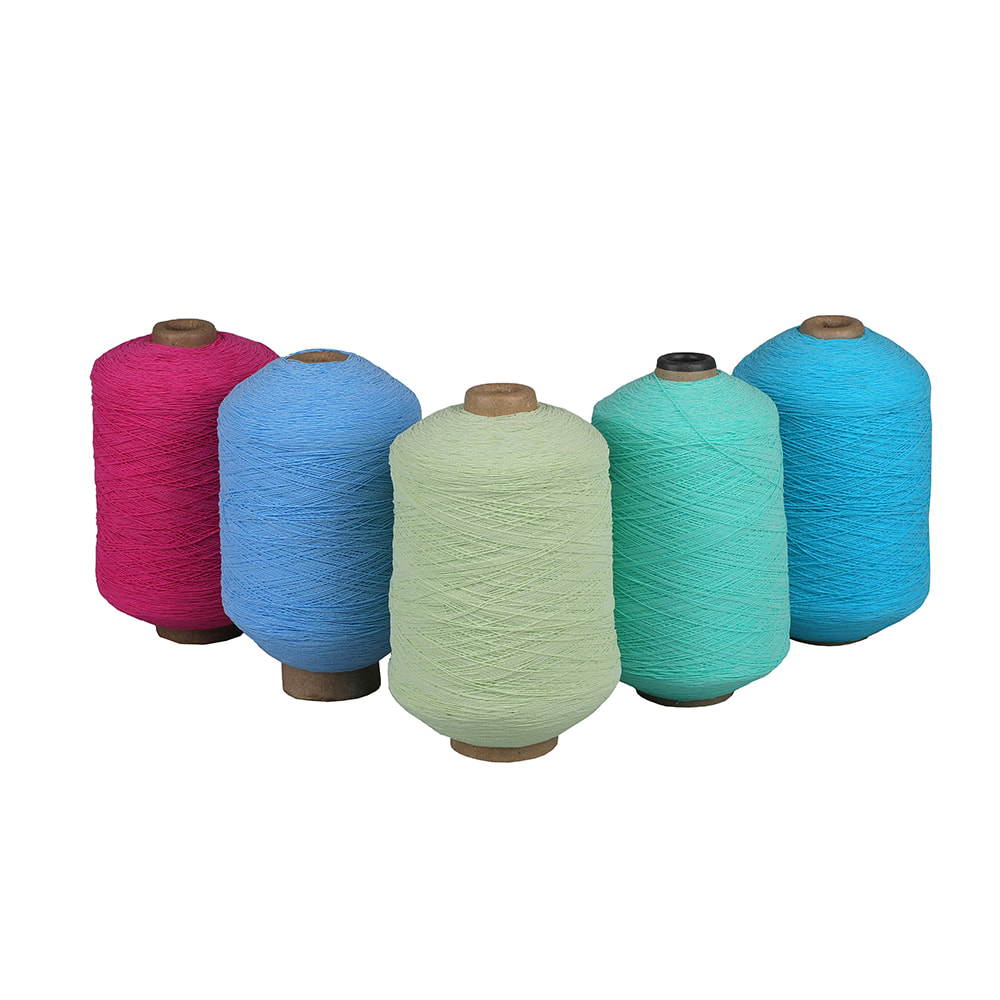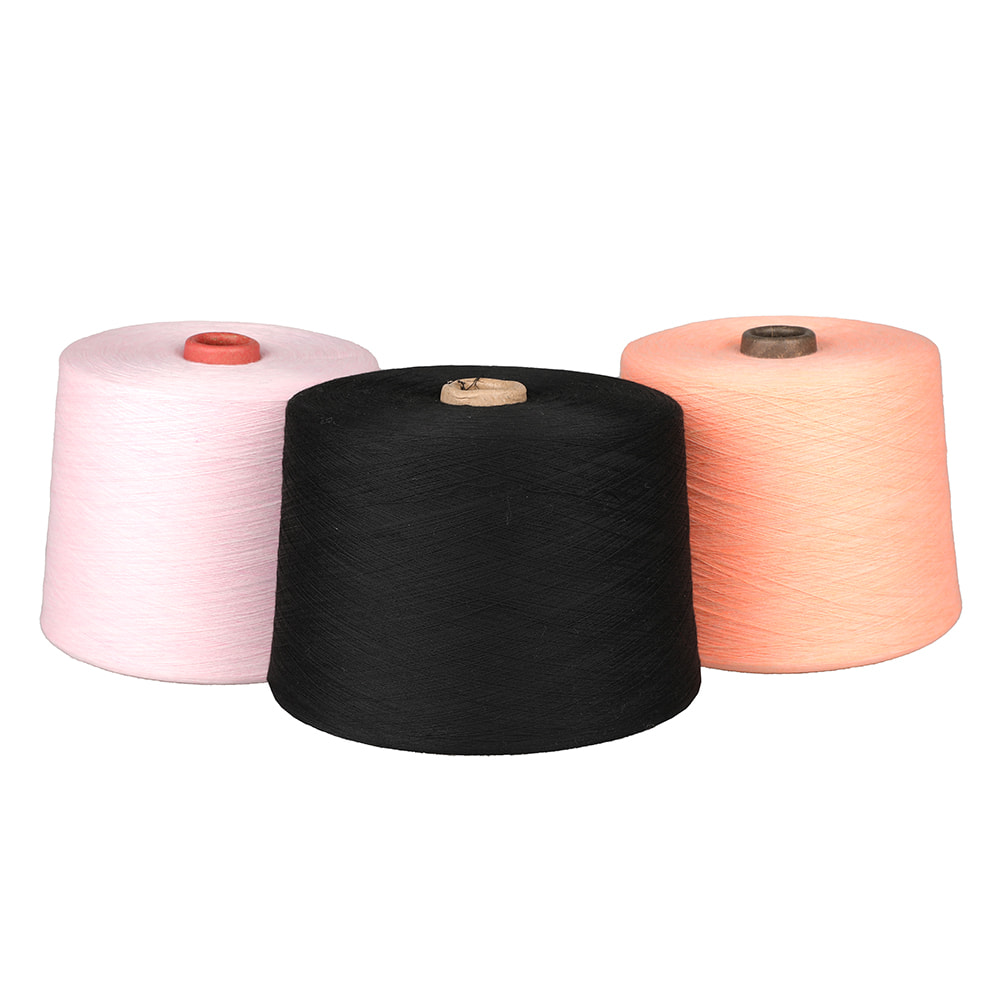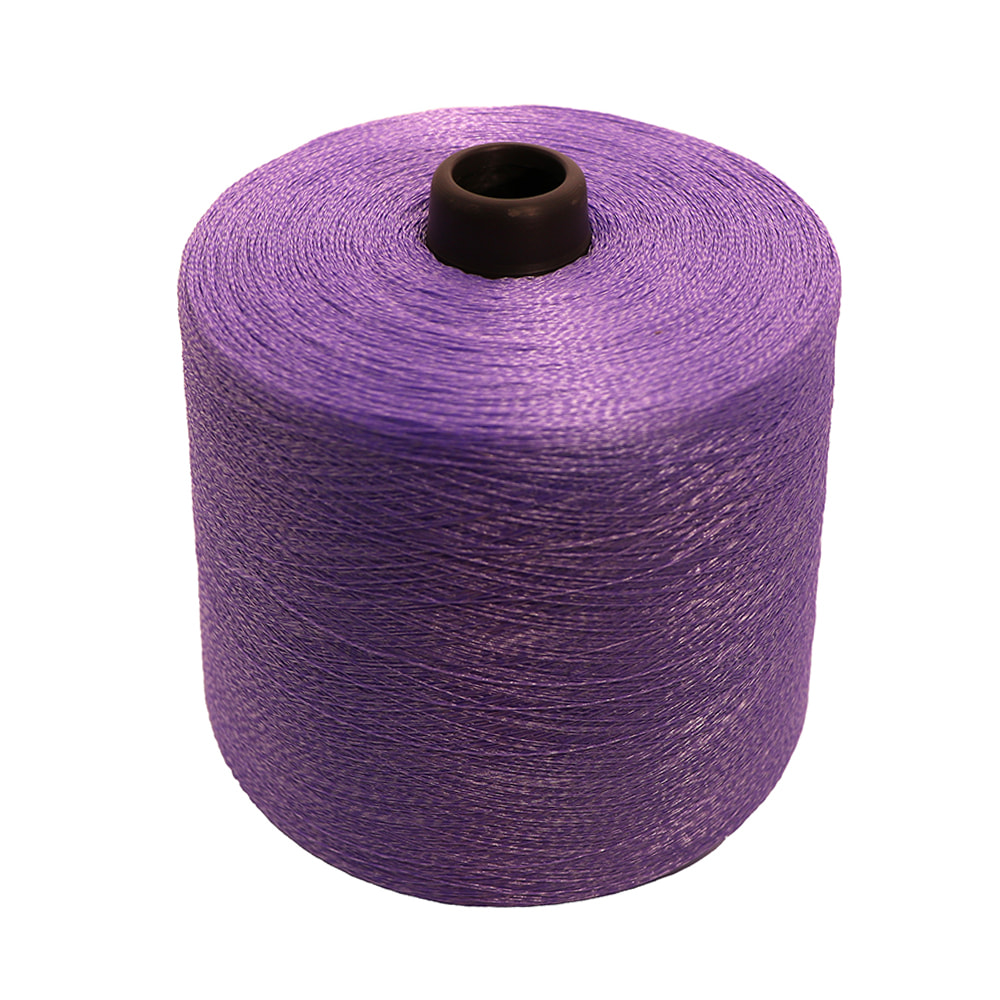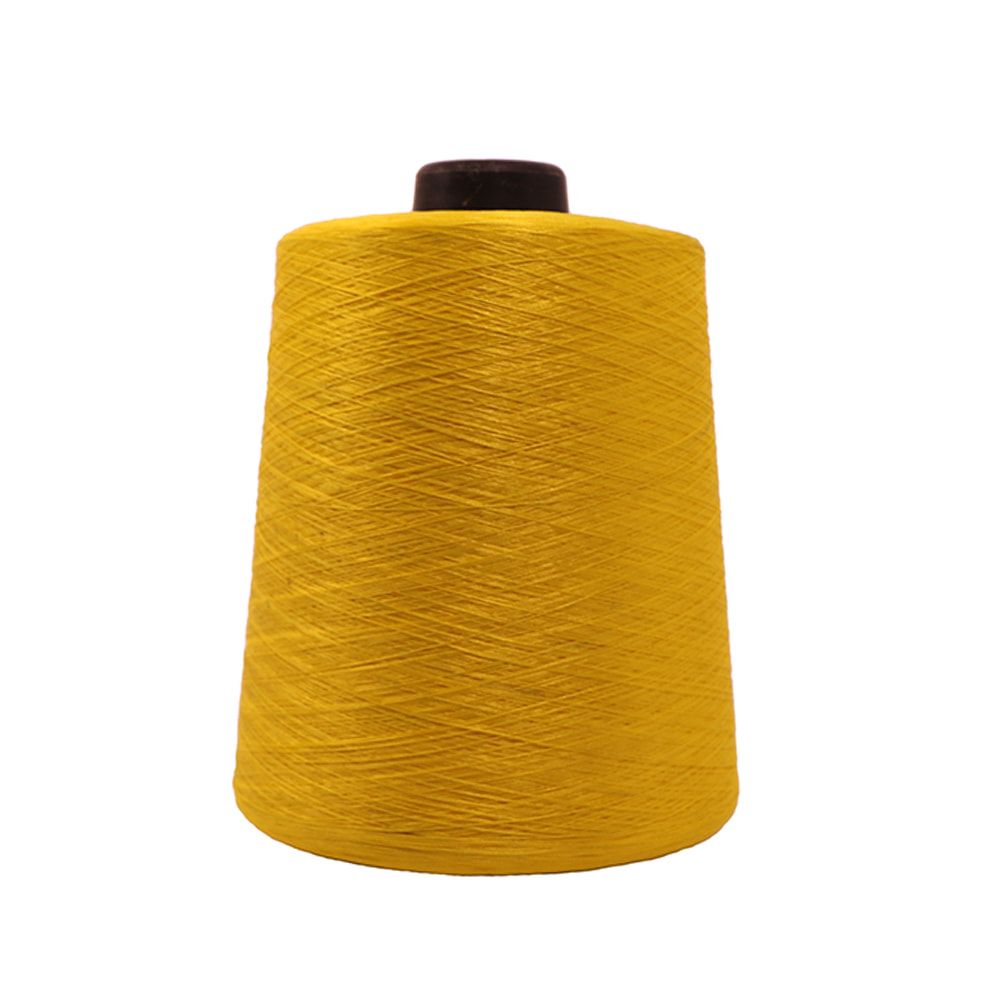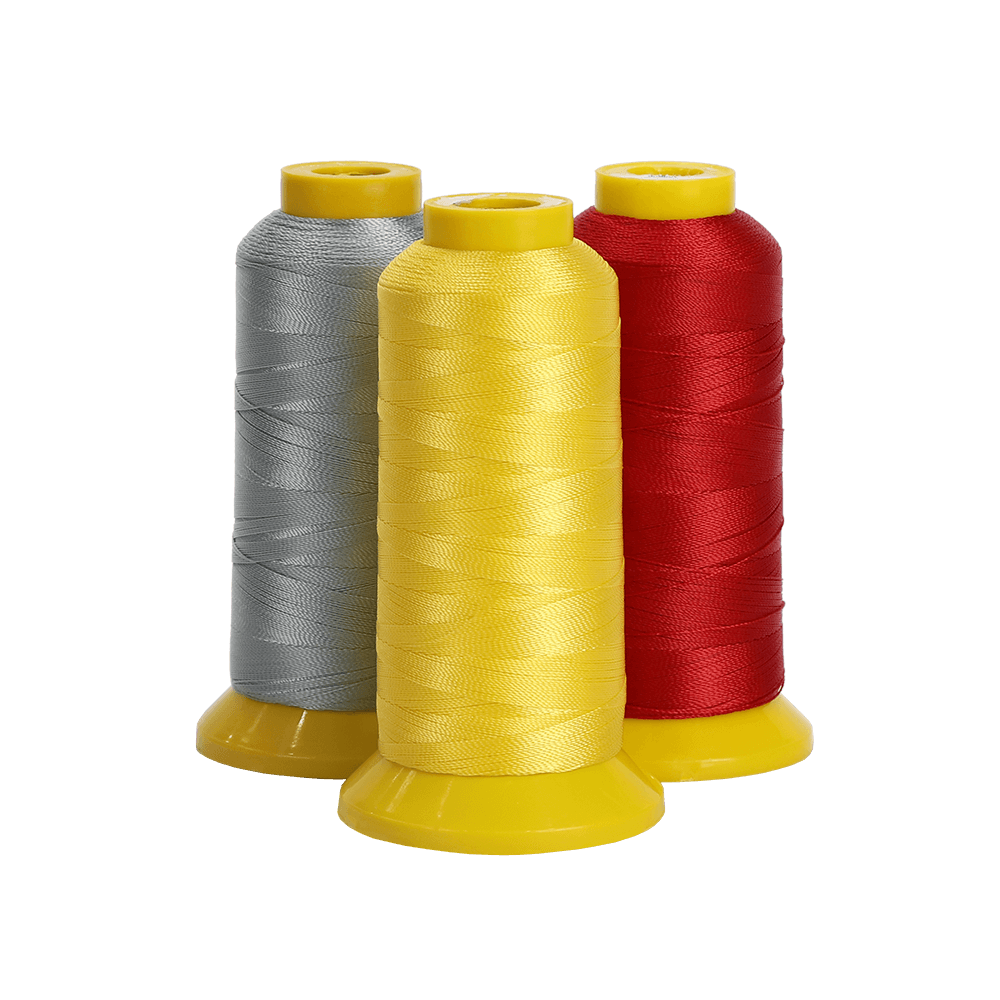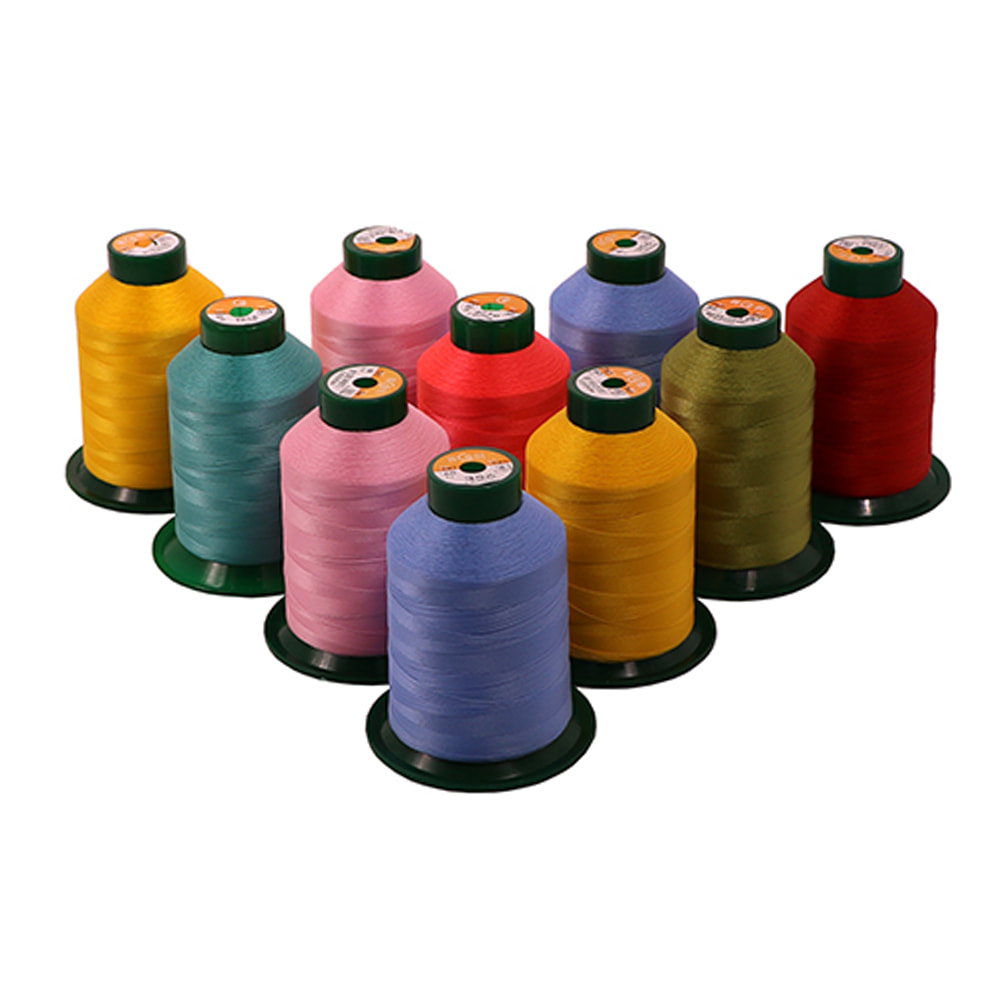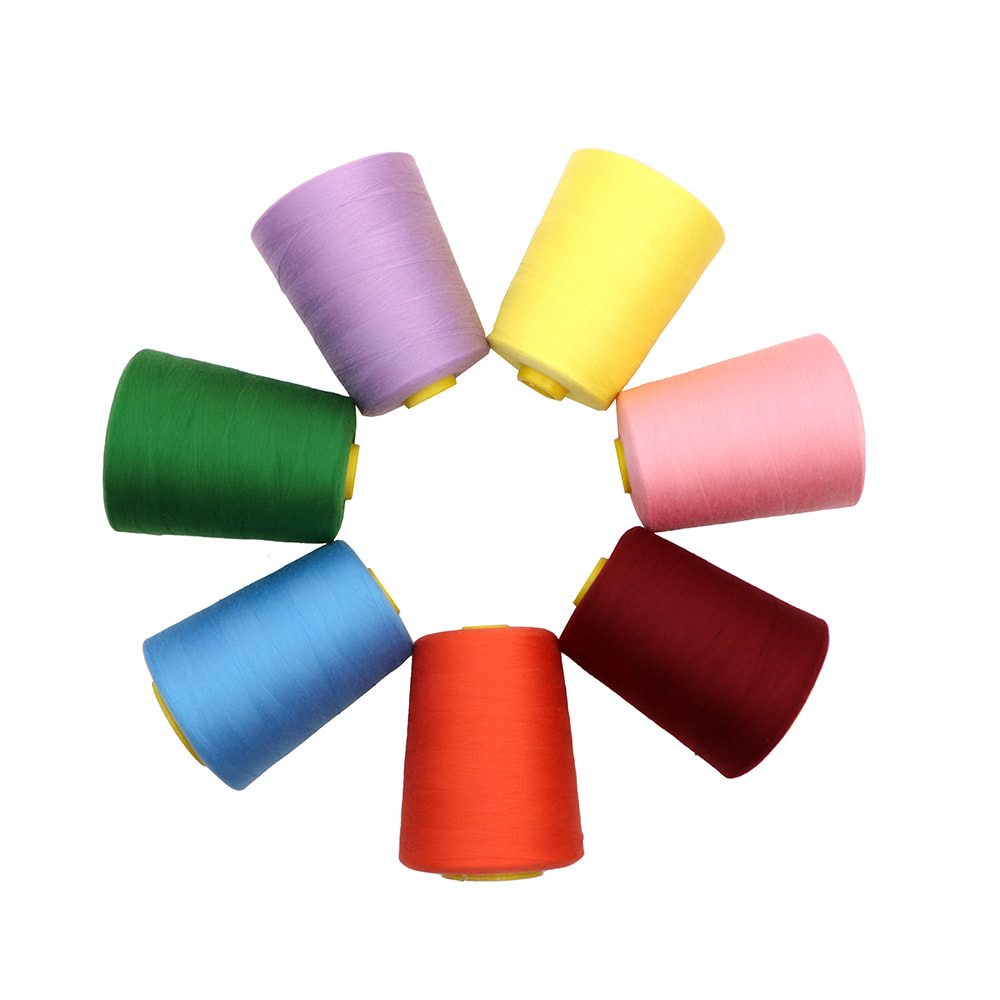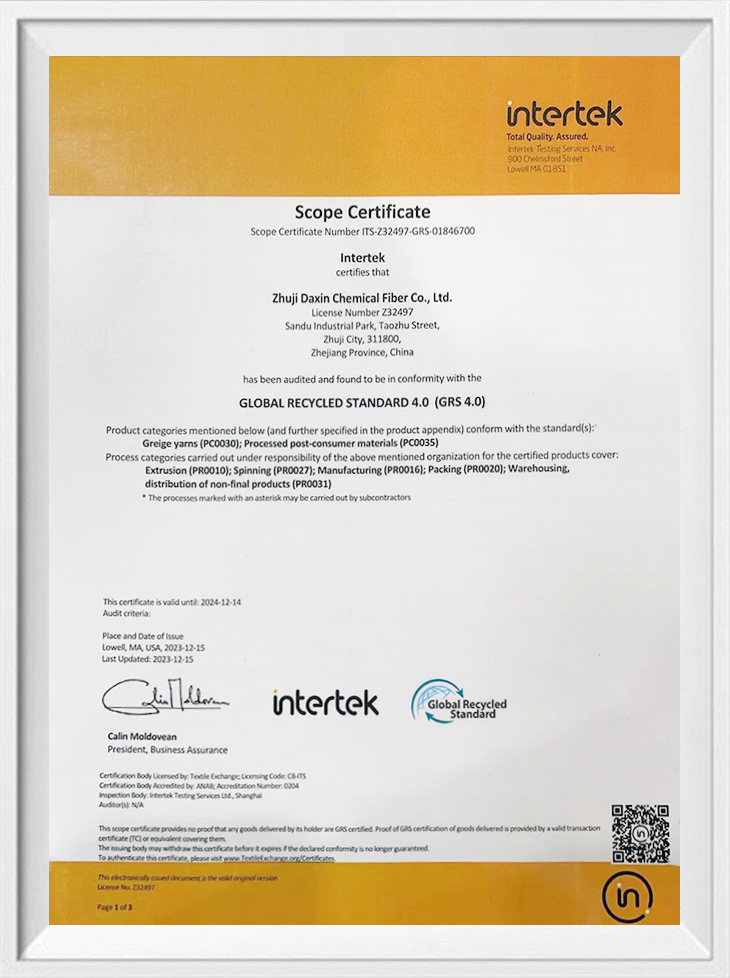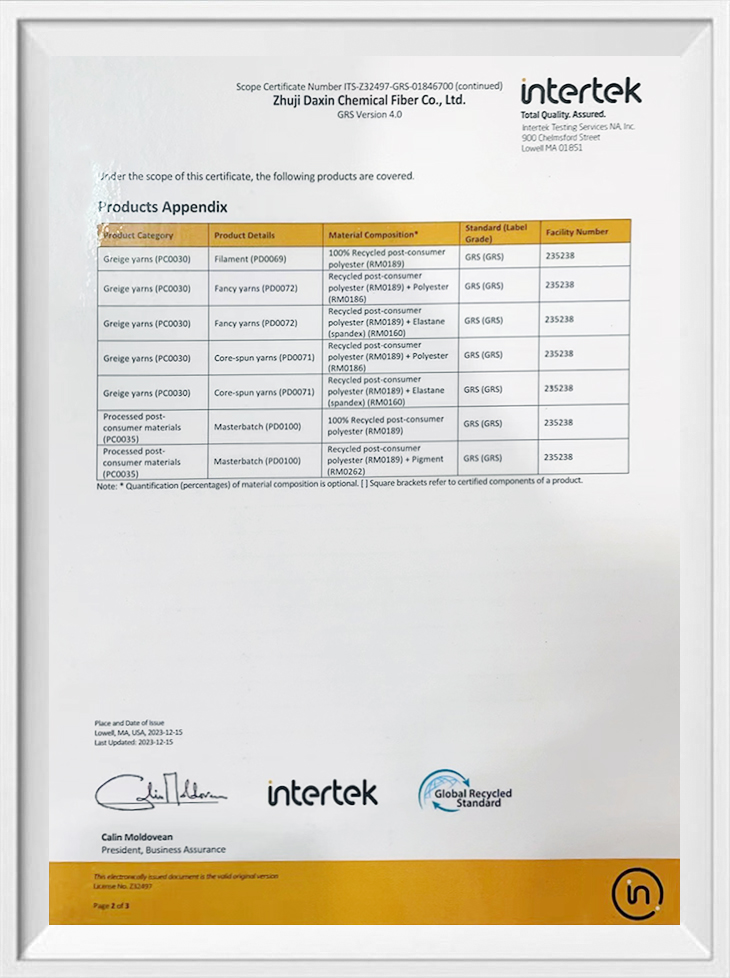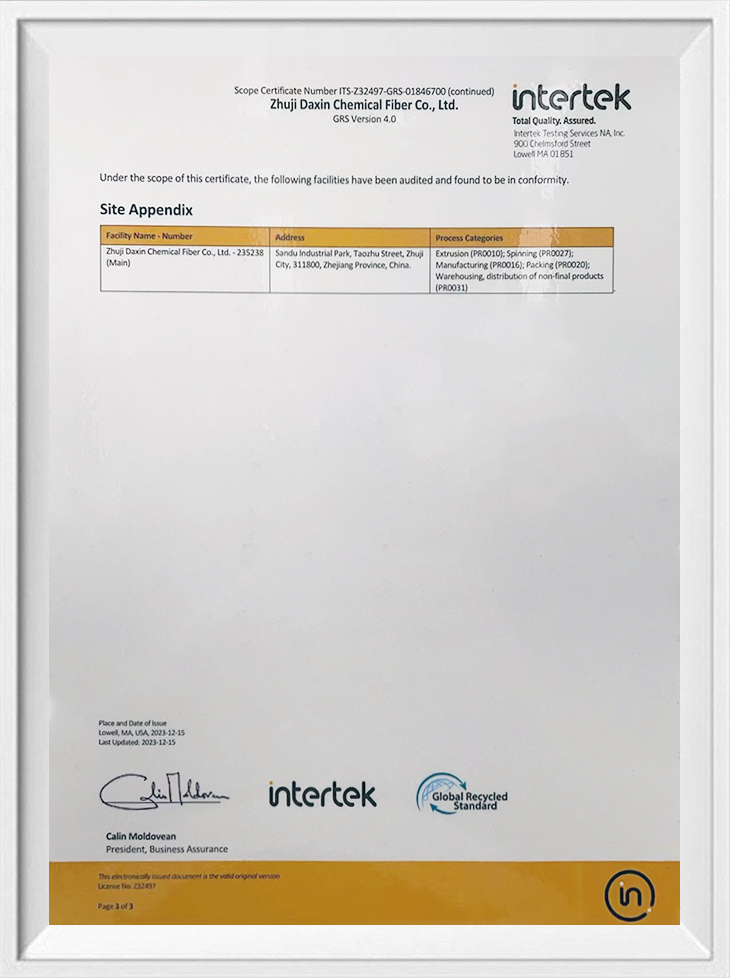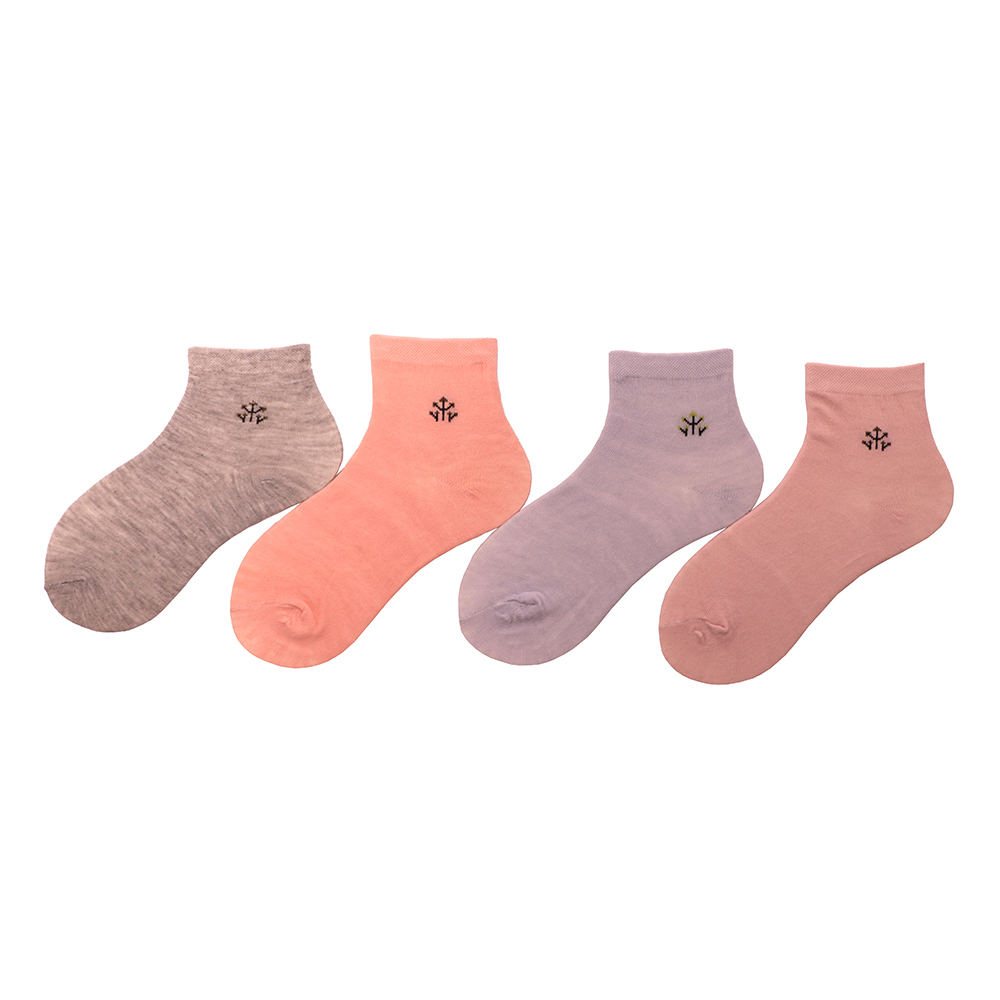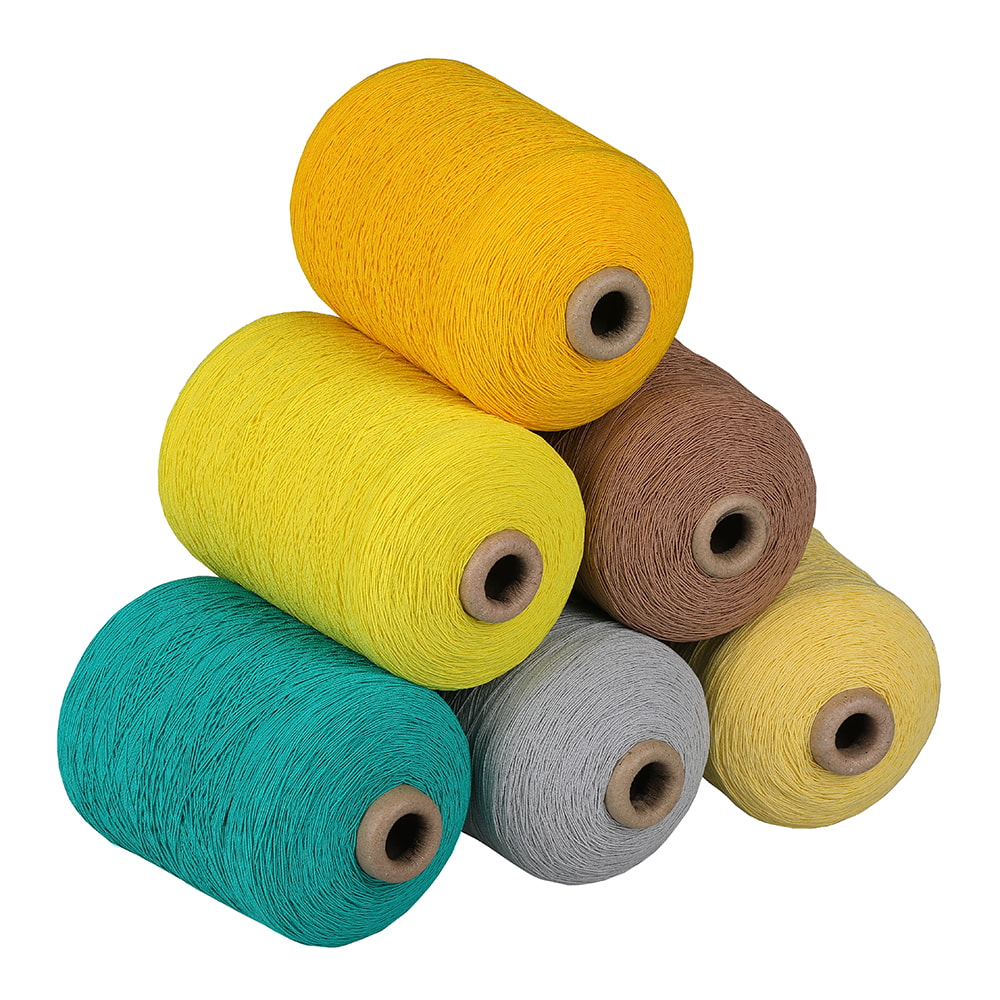The impact of environmentally friendly materials on the wearing comfort of Environmentally Friendly And Odor Resistant Casual Socks
In today's society, with the increasing awareness of environmental protection, consumers' choice of products is no longer limited to function and beauty, but pays more attention to its environmental attributes. In the field of socks, which is a daily necessity, environmentally friendly and odor-resistant casual socks are gradually becoming the new favorite of the market. For many consumers, a key question is: Will the use of environmentally friendly materials affect the wearing comfort of such socks?
We need to clarify what environmentally friendly materials are. Environmentally friendly materials usually refer to materials that have less impact on the environment during production, use and disposal. In sock manufacturing, common environmentally friendly materials include organic cotton, bamboo fiber, recycled polyester fiber, etc. These materials are not only sustainable in source, but also reduce the use of chemicals in the production process, reducing pollution to the environment.
For environmentally friendly and odor-resistant casual socks, their wearing comfort is one of the indicators that consumers care about most. Comfort covers many aspects, such as breathability, softness, elasticity, and whether they are prone to allergies. Next, we will explore how environmentally friendly materials affect these aspects one by one.
Breathability: Breathability is an important part of the comfort of socks, which directly affects the dryness of the feet. Natural materials such as organic cotton and bamboo fiber can quickly expel sweat from the feet and keep the feet dry due to their good moisture absorption and breathability. This feature is particularly important in summer, which can effectively prevent overheating of the feet and bacterial growth, thereby improving wearing comfort.
Softness and elasticity: Softness and elasticity are also important indicators for measuring the comfort of socks. Many environmentally friendly materials, such as recycled polyester fibers, can maintain similar softness and elasticity as traditional synthetic fibers after special processing. This means that environmentally friendly socks can also fit the contour of the foot when worn, reduce friction and restraint, and improve the comfort of wearing.
Anti-allergic: For people with sensitive skin, the choice of socks material is particularly important. Natural materials such as organic cotton and bamboo fiber do not contain chemical additives, reducing the risk of allergies. Therefore, socks made of these environmentally friendly materials are more suitable for people with sensitive skin, and can effectively avoid skin discomfort caused by material problems.
It is worth noting that although environmentally friendly materials improve the comfort of socks in many aspects, not all environmentally friendly materials are suitable for all consumers. Different people have different skin qualities, foot shapes and wearing habits, and their needs for socks are also different. When choosing environmentally friendly and odor-resistant casual socks, consumers should try and choose according to their own needs.
The use of environmentally friendly materials will not only not reduce the wearing comfort of environmentally friendly and odor-resistant casual socks, but will improve their comfort performance in many aspects. By choosing environmentally friendly materials with good breathability, high softness, good elasticity and anti-allergy, consumers can enjoy a healthier and more comfortable wearing experience. At the same time, this is also in line with the contemporary society's pursuit of sustainable development and sense of responsibility for environmental protection. We have reason to believe that in the future market, environmentally friendly and odor-resistant casual socks will be more and more favored and welcomed by consumers.

 English
English 中文简体
中文简体 Español
Español